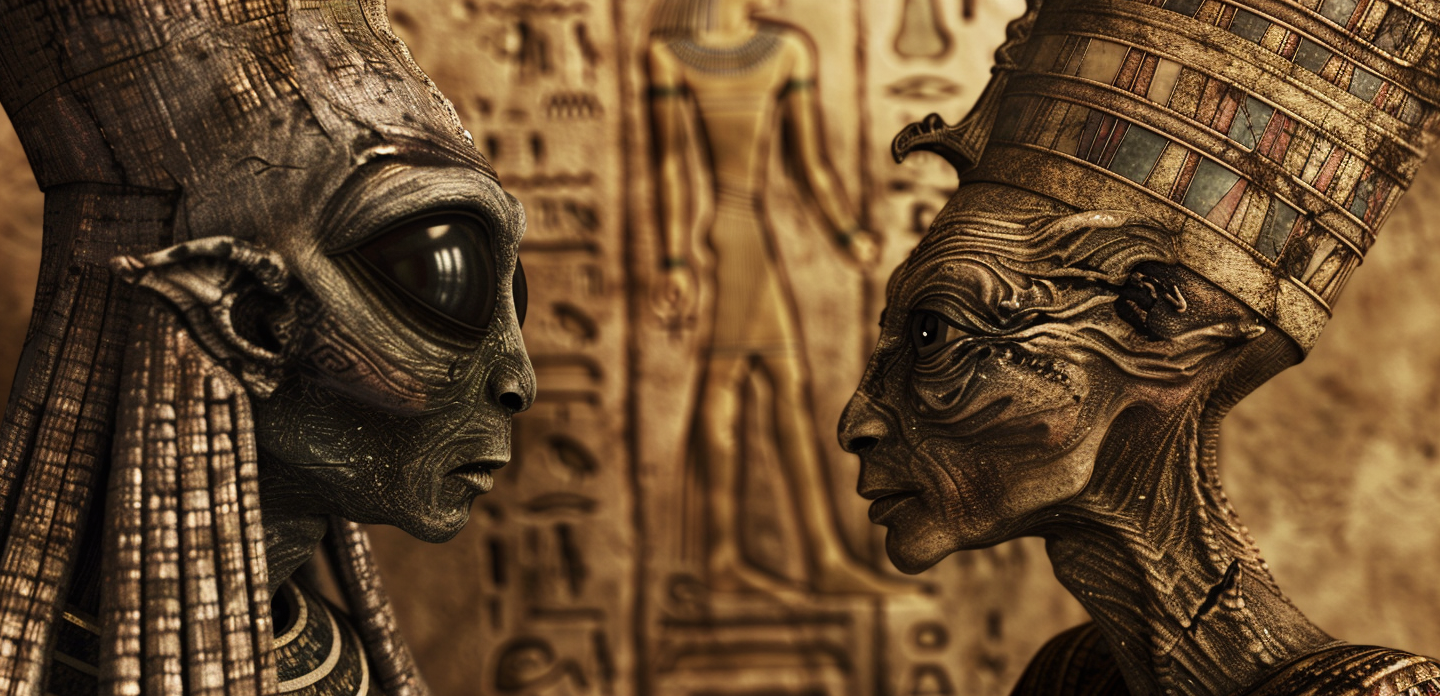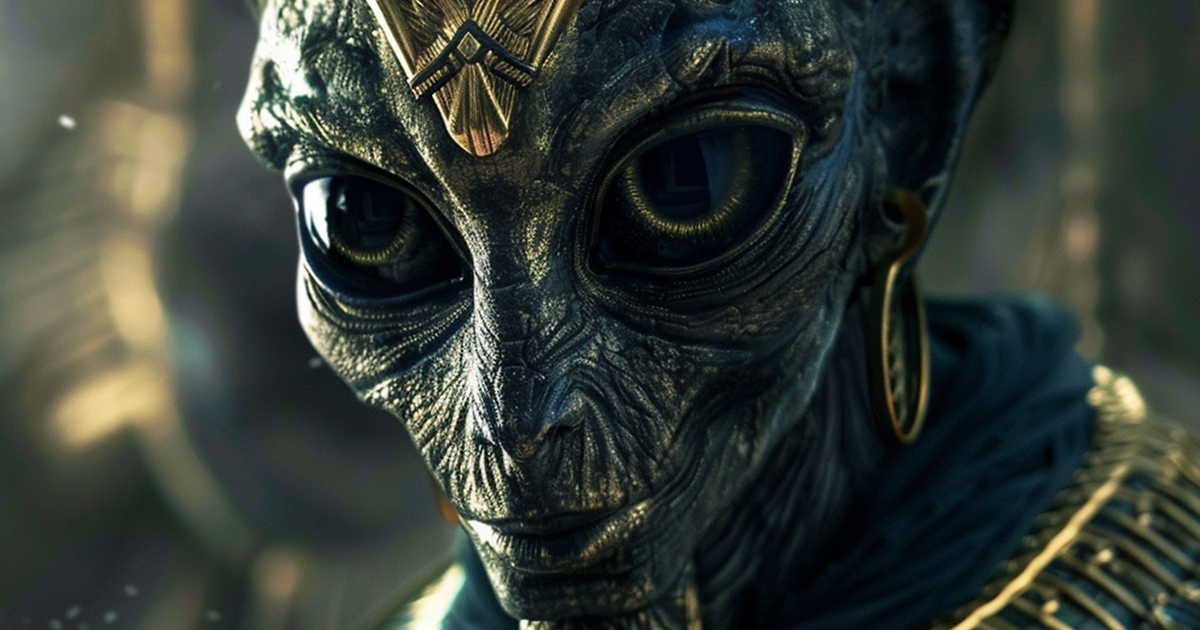Deep within the annals of time lies the Sumerian King List, a profound artifact chronicling the early stages of governance in human civilization. Embedded in its elaborate tales are the stories of monarchs who purportedly governed for ages. The challenge lies in the interpretation – were these extended dynasties mere legends or subtle pointers to extraterrestrial influences?
Emerging from the depths of Mesopotamian chronicles, the Sumerian King List meticulously documents the heritage of rulers who held dominion over the realm. Among its scripted narratives are royal figures whose reigns stretched over remarkable periods, surpassing conventional expectations. The extensive tenures have intrigued scholars and incited speculations about their true essence.
An idea posits that the prolonged lifespans ascribed to the rulers in the Sumerian King List could be a result of fantastical exaggeration. Ancient civilizations often intertwined mythical aspects into their historical narrations, blurring the boundaries between truth and fable. Through this perspective, the extensive reigns of certain monarchs may have been magnified across generations to elevate their standing or validate their authority among their populace.

Conversely, an alternative conjecture surfaces – one that establishes parallels between the prolonged rule of Sumerian sovereigns and the notion of extraterrestrial involvement. Advocates of this concept propose that these elongated reigns could signify a link to entities from distant worlds, renowned for lifespans that exceed those of ordinary humans.
Supporters of this hypothesis reference ancient astronaut ideologies that propose the possibility of advanced extraterrestrial civilizations engaging with early human communities, shaping their advancement and influencing their cultural narratives. Within this realm of speculation, the enduring governance of specific Sumerian rulers might be viewed as indications of their extraterrestrial descent or impact.
Whilst the idea of extraterrestrial participation in our past remains speculative, it urges a reassessment of our comprehension of ancient civilizations and their accomplishments. Whether perceived as mythological enhancements or potential indications of extraterrestrial interrelations, the engravings conserved in the Sumerian King List encourage reflections on the intricacies interwoven into our collective human narrative.
As we persist in scrutinizing and deciphering these archaic manuscripts, we are reminded of the complexities enshrouding history. Whether the prolonged reigns of Sumerian monarchs stem from mythological embellishments or hint at extraterrestrial intervention, they endure as reminders of the enduring enigmas that permeate our past.
